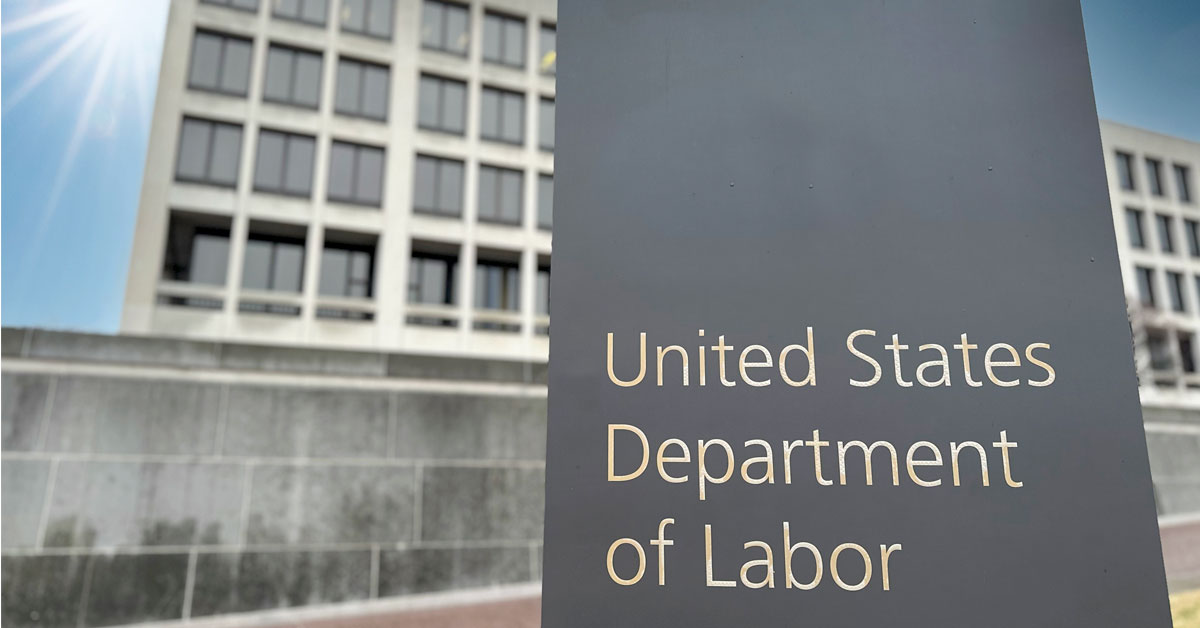Viewpoints by Chris Frank
Chris is a member of John Hancock’s benefits consulting group and is primarily responsible for managing the defined contribution consulting team. Additional responsibilities include providing quarterly legislative updates to plan sponsors, advisors, and third-party administrators; drafting position papers on topical events occurring in the retirement industry; and developing and delivering fiduciary support services. Chris joined the organization in 2005, and has more than 30 years' experience in the retirement industry. Prior to joining our team, he served as ERISA counsel and manager of compliance testing and government reporting. Chris received a B.S. in Management from the University of Massachusetts and an M.B.A. in Finance from Babson College. In addition, he earned a J.D. from the New England School of Law, and is a member of the Massachusetts Bar Association.
-
/359684-RET-26296-Viewpoint-Process-of-Starting-A-New-401k-Plan-hero-1200x628.jpg)
Steps to setting up your small business 401(k)
Key steps in establishing a 401(k) plan and tailoring the plan design to meet the needs and objectives of a smaller enterprise and its employees.
Read more -

The DOL’s final fiduciary rule is here!
Released in April 2024 with a September effective date, this rule defines when a person is an investment advice fiduciary under ERISA and the Internal Revenue Code. It also includes amendments to various class prohibited transaction exceptions (PTEs) available to these fiduciaries.
Read more -

SECURE 2.0 checklist—a simple way to help you keep your plan compliant
Having a SECURE 2.0 retirement plan checklist can help plan sponsors stay organized and track compliance. Use our sample as a guide to help you create yours.
Read more -

IRS guidance on SECURE 2.0 provisions—helpful but not everything we hoped for
Late in December 2023, the IRS released long-awaited guidance on SECURE 2.0. Read about the grab bag of direction provided under Notice 2024-02, which is meant to assist with the implementation of certain provisions.
Read more -

Understanding the DOL’s definition of an investment advice fiduciary
The proposed DOL Retirement Security Rule changes the definition of an investment advice fiduciary. Learn what this means for your participants.
Read more -

What are some best practices for ERISA retirement plan fiduciaries?
The rules for retirement plan fiduciaries are set out by the Employee Retirement Income Security Act of 1974 (ERISA). We’ve outlined some key best practices to help fiduciaries navigate their plan governance, investments, operations, and other duties.
Read more -

What the DOL's final ESG rule means for plan sponsors
On November 22, 2022, the DOL issued its final ESG rule, confirming that plan sponsors may consider ESG factors when selecting retirement plan investment lineups and exercising shareholder rights, including voting proxies. Find out what’s changed from the prior rules issued in 2020.
Read more -

Key takeaways from the U.S. Supreme Court’s ruling in the Northwestern University lawsuit
The U.S. Supreme Court’s ruling in the Northwestern University lawsuit has received significant attention from retirement plan professionals. Learn what this ruling may mean for plan fiduciaries.
Read more -

Adding a nonqualified deferred compensation plan to your benefits package
In a tough labor market, you may want to consider adding a nonqualified deferred compensation (NQDC) plan as a supplemental, tax-advantaged savings opportunity for executives and other employees.
Read more -

Five things you should know about the IRS’s latest 401(k) plan restatement cycle for preapproved plans
Learn about the 401(k) plan restatement process and the document options that are available to plan sponsors.
Read more





